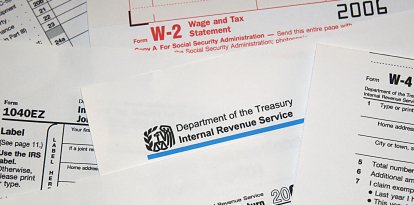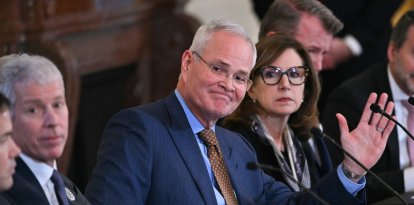Americans are $4 trillion poorer because of regulations
Regulations have only added up since the 1980s, while rarely eliminating those that have become obsolete or ineffective. Regulatory compliance costs consumers and businesses $1.9 trillion a year.

The accumulation of regulatory policies makes Americans $4 trillion dollars poorer than in 1980. Also, excessive regulations reduced the country's economic growth by an average of 0.8 percentage points per year, according to a study by the Mercatus Center at George Mason University.
Regulations have only added up since that time (the 1980s), while those that have become obsolete or ineffective have rarely been eliminated. This impact is equivalent to the combined Gross Domestic Product (GDP) of several of the world's largest economies (including Germany and France).
The Code of Federal Regulations is 148 times longer than it was during the New Deal
The Code of Federal Regulations is currently 74,608 pages long, making it 148 times longer than during President Franklin D. Roosevelt's New Deal. This increase reflects the damaging pattern in which regulators add new rules as a solution to problems, but rarely revises existing ones to eliminate unnecessary ones.
The Competitive Enterprise Institute's Ten Thousand Commandments 2015 report estimates that regulatory compliance costs consumers and businesses $1.9 trillion a year, (more than 11% of GDP), and this 'hidden tax' equates to nearly $15,000 per US household annually.
"For every new regulation (...) there is a possibility of inefficient allocation of resources"
Regulatory accumulation - economists point out - can lead to a less efficient economy and even stagnation. Regulatory accumulation in the US represents a significant drag on its economy, affecting innovation, productivity and growth.
"For every new regulation added to the existing stack, there is an increased likelihood of an inefficient allocation of resources to business and a reduced ability to invest in innovation," Progressive Policy Institute economists Michael Mandel and Diana Carew explain in a 2013 memo.























